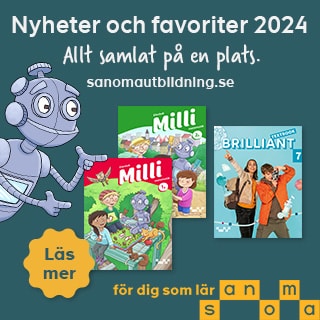Utbildningens värde. Fördelning, avkastning och social reproduktion under 1900-talet
Andreas Melldahl har studerat utbildningsexpansionens omfattning och dess konsekvenser. Hur har utbildningssystemets expansion – och vad som i
vissa perspektiv benämns utbildningens demokratisering – på olika sätt förändrat utbildningens relativa värde?
Andreas Melldahl
Professor Mikael Börjesson, Uppsala universitet Biträdande handledare: Docent Martin Gustavsson, Handelshögskolan i Stockholm och Stockholms universitet; Professor Donald Broady, Uppsala universitet
Marianne Nordli Hansen, Institutt for sosiologi og samfunnsgeografi, Universitetet i Oslo
Uppsala universitet
2015-02-06
Utbildningens värde. Fördelning, avkastning och social reproduktion under 1900-talet
The Value of Education. Distributions, returns and social reproduction during the 20th century
Institutionen för pedagogik, didaktik och utbildningsstudier
The Value of Education. Distributions, returns and social reproduction during the 20th century
This thesis focuses on changes in the value of educational capital over time. Taking as a point of departure Pierre Bourdieu’s notion of a multidimensional social space, the thesis examines how this value is affected when educational assets—through the democratization of education—are becoming more widespread across this space (i.e. the population). The studies are based on datasets from Statistics Sweden, comprising the complete censuses of 1960 to 1990, LISA-registers, and registers of wealth and income. Different approaches are employed: the use of the Gini-coefficient to catch changes in the distribution of education; comparative models to investigate cohorts at different points in time; and specific multiple correspondence analysis to study the distribution of several assets simultaneously. Three aspects are explored: the distributions, returns, and uses of education. Firstly, while there
is a steady increase in the average number of years of schooling, there is a different pattern in the development of the distribution of education. Three phases were distinguished: one of increasing levels of inequality, one of decreasing inequality, and one in which the inequality levelled out. Secondly, the returns of education have diminished as far as economic gains are concerned, causing a fracture between different social generations, at the same time as the returns in a wider social sense have remained relatively stable. However, the relative stability hides crucial discrepancies. Groups with the lowest level of education are further marginalized and distances between ‘economic’ and ‘cultural’ groups are growing. Thirdly, in their modes of using the educational system, there are glaring differences between the economic elite and the cultural elite, although both utilize prestigious educational institutions as sites of social reproduction. The fundamental difference consists in that exclusive educational strategies are not as necessary to the dominant fraction of the economic elite. Their children are able to choose more freely among the offers of higher education. The paradoxical development of the value of education is that while the absolute value of
educational capital has decreased in general, the differences in relative value persist.
Relaterade länkar

Undervisa i artificiell intelligens
 Gy–Vux
Gy–Vux 







